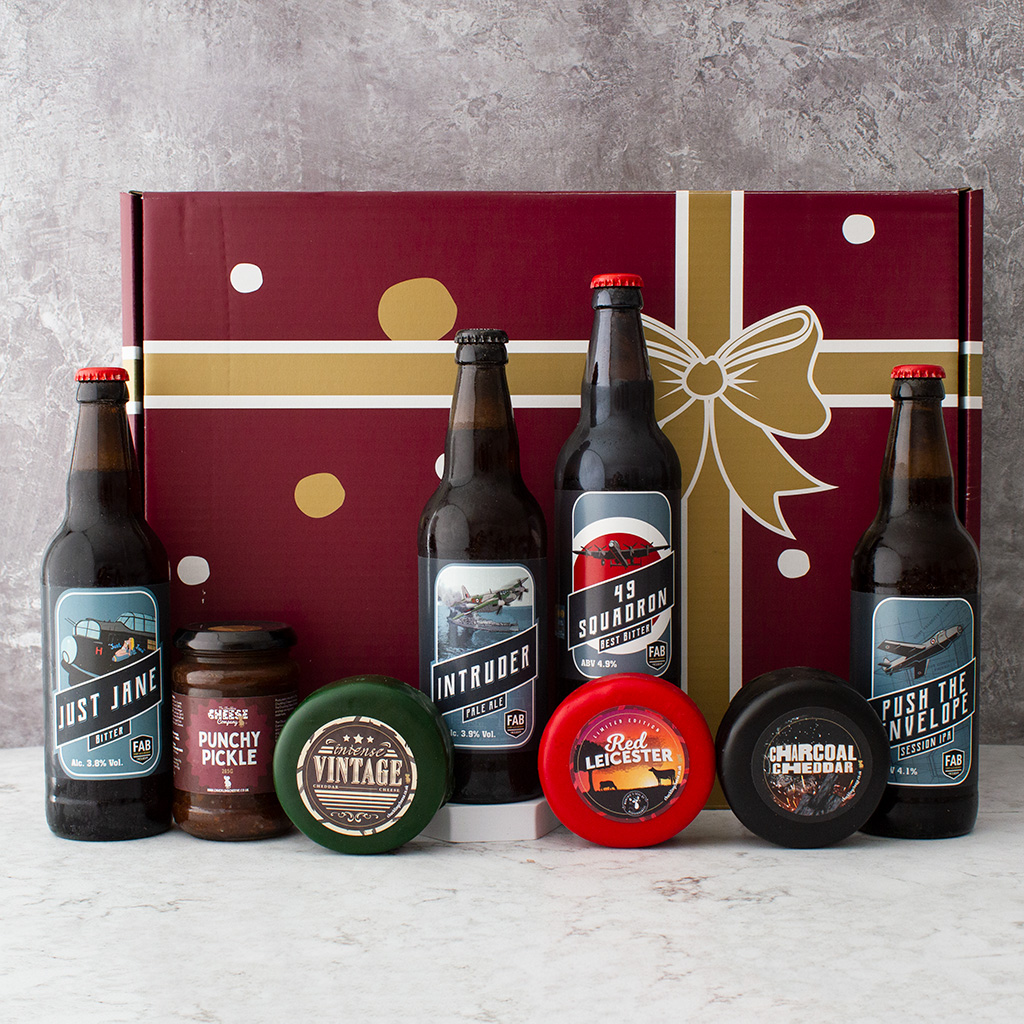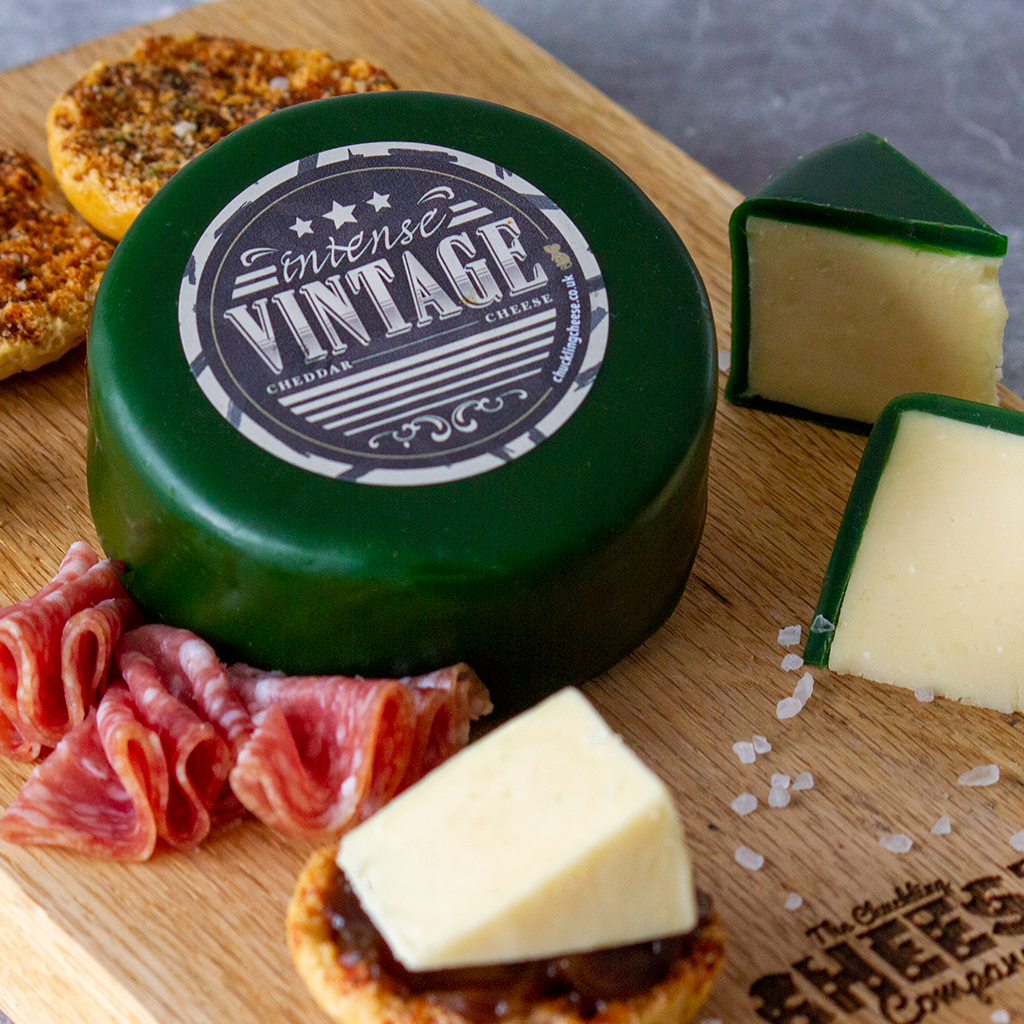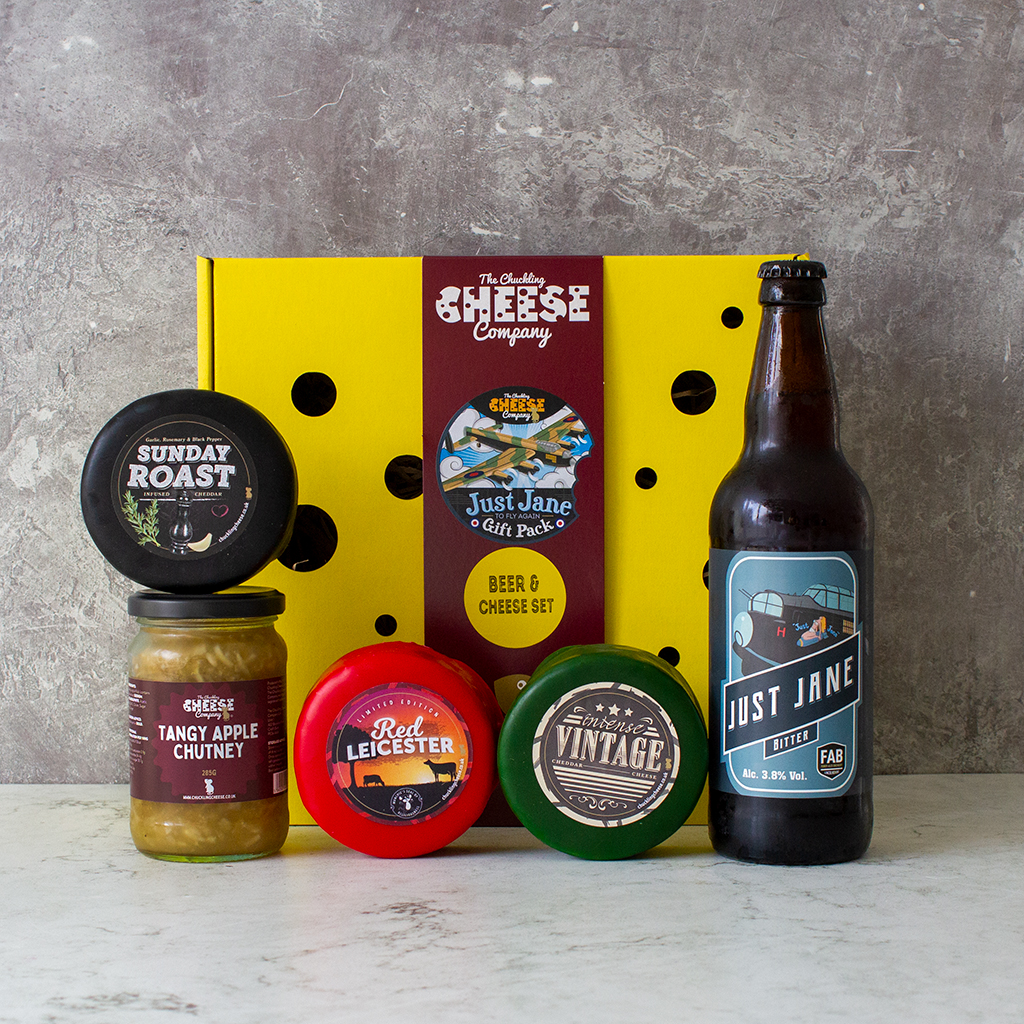The History of Cheese in the United Kingdom
-
Ancient Origins: Cheese-making in the United Kingdom has ancient roots, dating back thousands of years. Early Britons likely learned cheese-making techniques from their European neighbors, including the Romans and Gauls.
-
Medieval Cheese-Making: During the Middle Ages, cheese-making became a vital part of British culinary traditions. Monasteries played a significant role in cheese production, with monks developing and refining cheese-making techniques.
-
Regional Varieties: Different regions of the UK became known for their distinct cheese varieties. For example, Cheddar cheese originated in the Somerset region, while Stilton cheese has its roots in the Midlands.
-
Royal Influence: Cheese-making gained royal patronage during the Tudor and Stuart periods. British monarchs, including Henry VIII and Queen Elizabeth I, were known to enjoy various cheeses, contributing to their popularity among the nobility and commoners alike.


- Colonial Expansion: The British Empire's colonial expansion led to the introduction of cheese-making techniques to regions such as North America, Australia, and New Zealand. British settlers brought their cheese-making traditions with them, influencing the development of cheese industries in these territories.
- Industrial Revolution: The Industrial Revolution transformed cheese production in the UK. Advances in technology and transportation enabled cheese-makers to produce larger quantities of cheese more efficiently, leading to the proliferation of factory-made cheeses.
- Victorian Era: The Victorian era saw the commercialization and standardization of cheese production in the UK. Cheese-making became an important industry, with many small-scale artisanal producers competing with larger dairy companies.
- World Wars and Rationing: The two World Wars had a significant impact on cheese production and consumption in the UK. Rationing measures during wartime led to shortages of cheese, prompting the government to encourage home cheese-making as a means of supplementing food supplies.


- Post-War Revival: After World War II, cheese production in the UK experienced a revival. Traditional British cheeses regained popularity, and new varieties emerged to meet changing consumer tastes.
- Modern Cheese Industry: Today, the United Kingdom boasts a diverse cheese industry, producing a wide range of cheeses, including traditional varieties like Cheddar, Stilton, and Lancashire, as well as artisanal and specialty cheeses inspired by global culinary trends.
- Global Influence: British cheeses have gained recognition and acclaim on the international stage, with many varieties winning awards and gaining popularity among cheese enthusiasts worldwide.
- Cultural Significance: Cheese remains an integral part of British culinary culture, featuring prominently in dishes such as Ploughman's lunch, Welsh rarebit, and cheese boards served at social gatherings and celebrations throughout the UK.





